Under the glow of grand openings and international events, Lisbon is becoming an increasingly hostile city for those creating culture outside institutional circuits. Carlos Moedas, with his rhetoric of innovation and future, is suffocating the base of Lisbon's creativity—that which is born on the margins, in neighborhoods, in basements, in temporary occupations, in projects without pedigree.
 US actor Robert de Niro, accompanied by his girlfriend Tiffany Chen, is transported on a golf cart between venues on the first day of the Tribeca Festival in Lisbon, October 2024 (photo by José Sena Goulão/Lusa)
US actor Robert de Niro, accompanied by his girlfriend Tiffany Chen, is transported on a golf cart between venues on the first day of the Tribeca Festival in Lisbon, October 2024 (photo by José Sena Goulão/Lusa)
The City Council invests millions in large-scale festivals, events with corporate branding, and scenic rehabilitations, but systematically neglects self-managed spaces, emerging artistic collectives, and the network of small structures that keep the city's cultural vitality alive. Worse: the meritocratic discourse of cultural entrepreneurship serves as an excuse to cut support, replace subsidies with opaque competitions, and push artists and creators into market logics that condemn them to precarity.
Under Moedas' mandate, independent spaces have been evicted, ignored, or silenced. The logic of tourism, real estate, and the 'showcase city' has imposed itself over the care for the real cultural fabric. There are incentives for startups, but not for collectives. There is money for media-friendly exhibitions, but not for artistic residencies. Culture becomes spectacle, but not life.
Moedas wants a competitive city, but what Lisbon needs is a livable city—also for those who create. Culture does not survive without space, time, and trust. And if the City Council continues to manage culture as a luxury product for foreigners and elites, it risks leaving Lisbon soulless.
7 Wounds in Lisbon's Culture
1. Lack of Direct and Continuous Funding for Independent Structures
Moedas favors occasional competitions and sporadic support instead of creating mechanisms for regular funding of self-managed spaces, collectives, and cultural associations.
2. Disproportionate Bet on Large Events and Spectacle Culture
The investment from the Lisbon City Council goes mostly to large-scale festivals, emblematic museums, and partnerships with brands—leaving out the grassroots cultural fabric, which is more fragile and invisible.
3. Inaction in the Face of Real Estate Pressure and Evictions of Cultural Spaces
Moedas' governance does nothing to prevent cultural spaces from disappearing due to rising rents. Dozens have already closed, and others are at risk.
4. Lack of an Articulated Housing and Cultural Work Policy
There is no integrated city strategy linking culture, affordable housing, and workspaces for artists—unlike in Berlin, Amsterdam, or Marseille.
5. Absence of Mapping and Active Listening to the Independent Scene
The Lisbon City Council has not (so far) conducted any public survey of emerging structures, nor does it promote regular listening forums with independent creators to design policies based on reality.
6. Superficial and Image-Oriented Programs
Projects like the 'Livraria Lisboa Cultura' or digital media awards are symbolic and media-friendly but do not structure or sustain the local creative ecosystem in the long term.
7. Elitist Conception of Culture
Moedas' cultural vision centers on a 'European' and institutional idea of art, with little sensitivity to peripheral, community-based, interdisciplinary, politically uncomfortable production, and aesthetics that challenge dominant tastes.
It ignores that a city's cultural vitality depends not only on established institutions but on a living ecosystem where risk, experimentation, and criticism are possible. Without supporting this base, Lisbon loses depth, diversity, and future capacity.








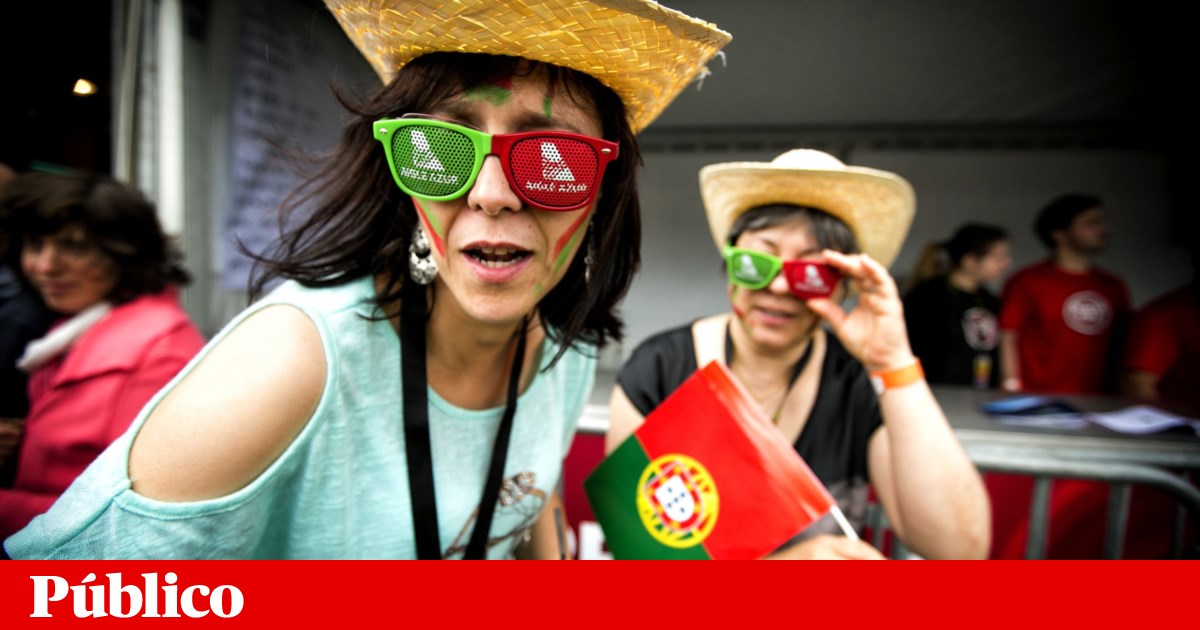






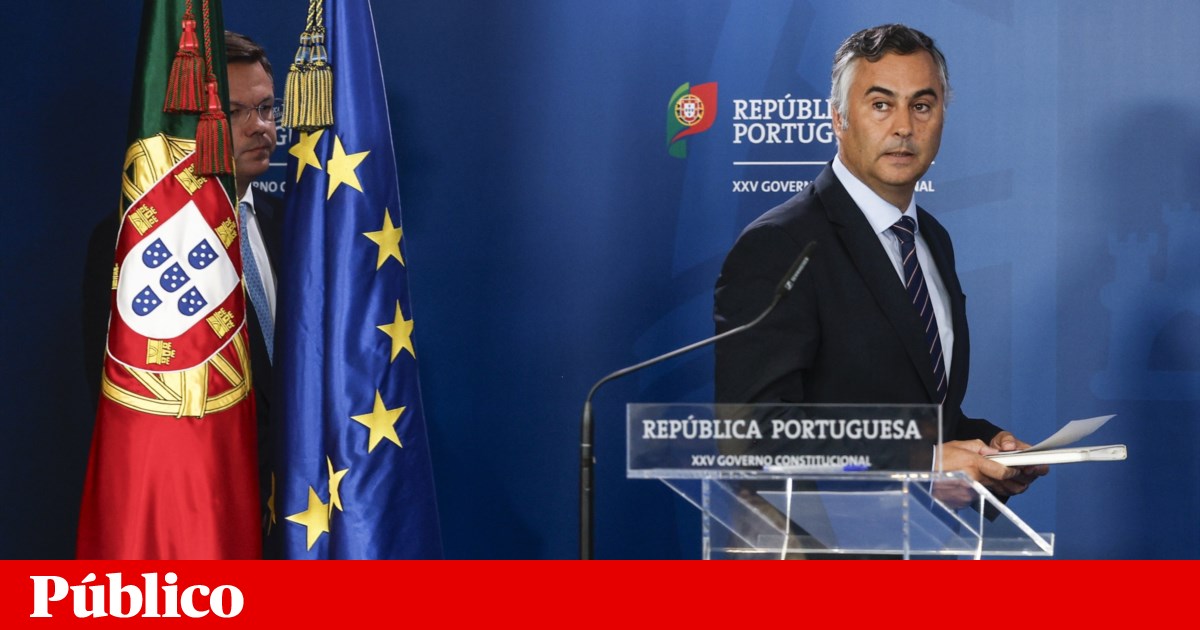

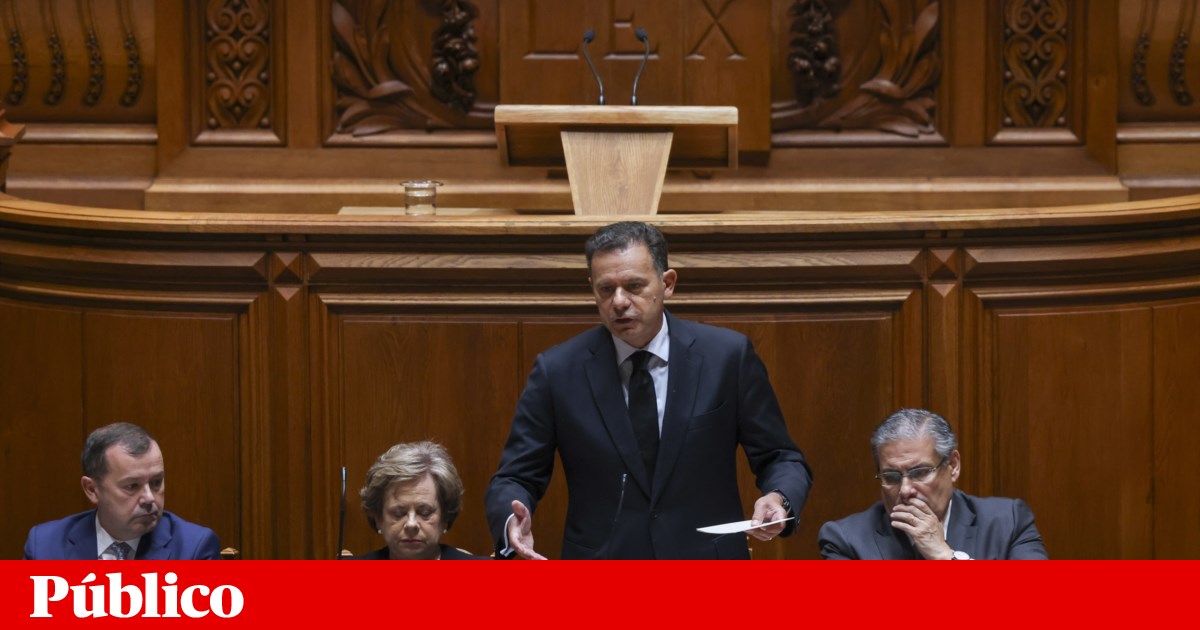




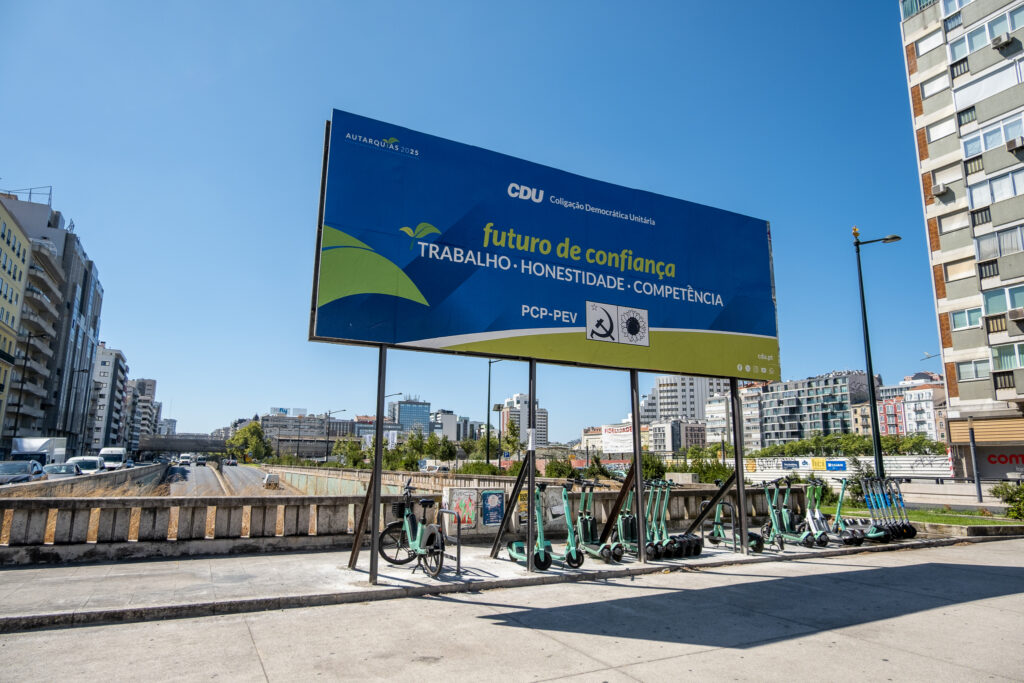

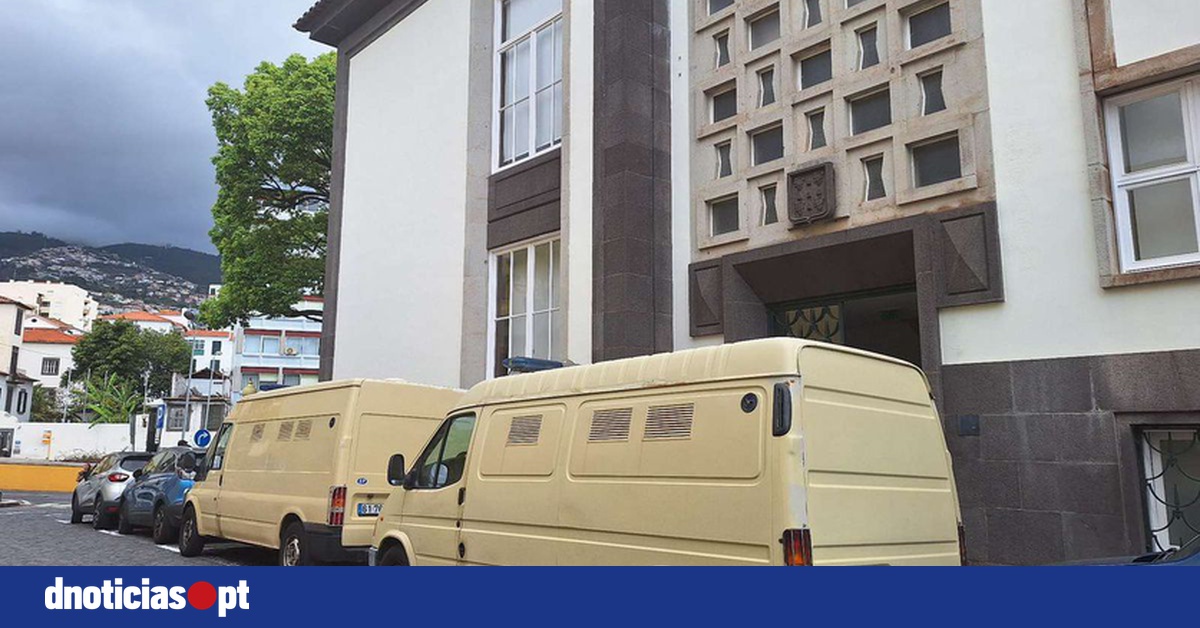
Comments
Join Our Community
Sign up to share your thoughts, engage with others, and become part of our growing community.
No comments yet
Be the first to share your thoughts and start the conversation!